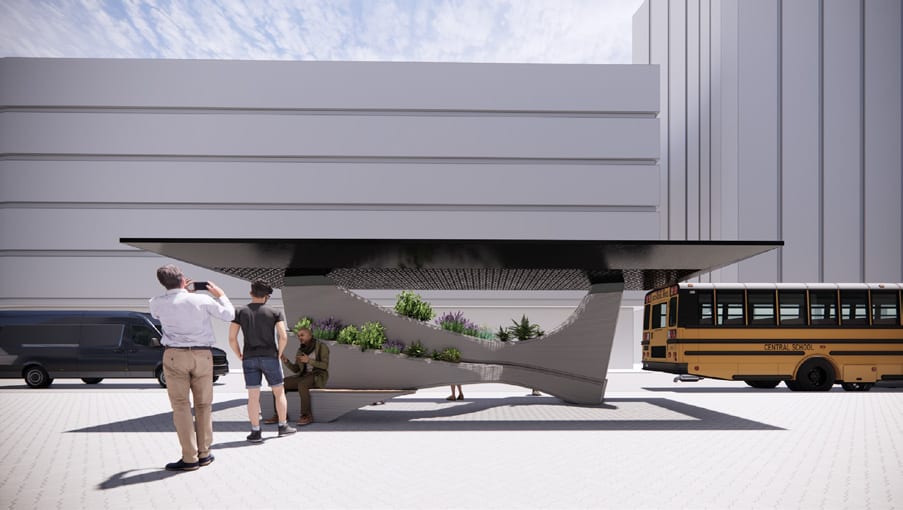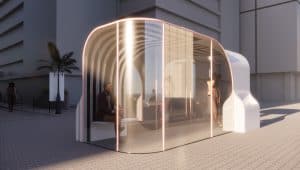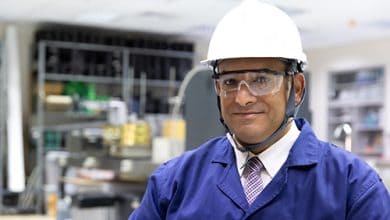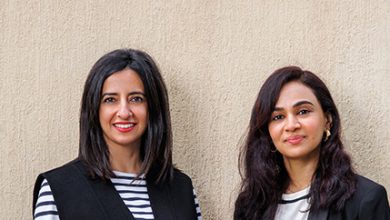Kuwait Commute: A community initiative to spread awareness of the benefits of public transportation
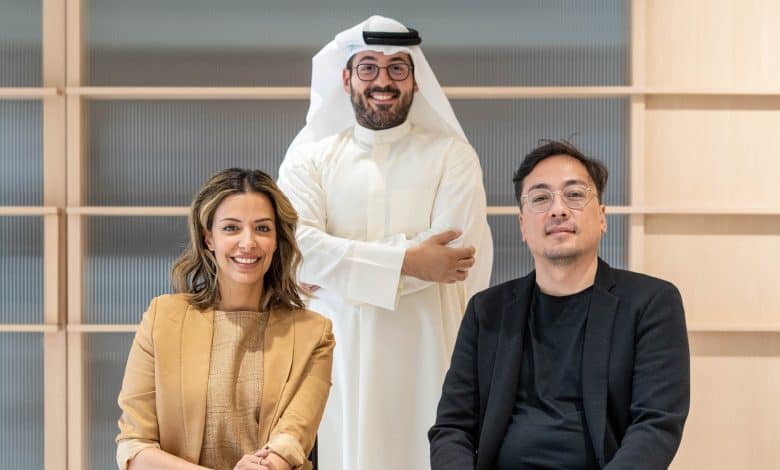
The typical life of a Kuwaiti involves being stuck in traffic - whether heading to work, school, or driving home during rush hour. It has become a part of the driving experience in Kuwait. However, there can be a potential solution to this predicament, public transportation. How acceptable is it to use public transportation in Kuwait and how can citizens and residents take advantage of the options they have available to ease congestion and reduce pollution? “Kuwait Commute”, a community initiative, aims to solve this problem.
Kuwait Commute has one objective, to spread awareness of the benefits of using public transport and it has been on the frontline of advocating for a better, more sustainable way to use transportation. Jassim Al-Awadhi, founder of Kuwait Commute drew inspiration from his own personal experience to launch the initiative.
Al-Awadhi had a hectic day in Kuwait City, where he needed to attend a meeting that was at the end of the street from his job. He did not want to walk in the summer heat during Ramadan, so he decided to take the bus, and he did not regret it. He was the first to arrive to the meeting and realized that public transport can be convenient, simple, and ease traffic in the city. He began to share his experience on social media and the concept grew into a public initiative.
In 2018, he gathered some friends and created Kuwait Commute, a community project that quickly grew on social media as a means to improve the public transportation system in Kuwait and encourage others to take the bus. Part of the reason why Kuwaitis don’t use public transportation, according to Al-Awadhi, is because of a social stigma, and that the current system primarily caters to the blue-collar workers that live in dense areas. There needs to be a shift in the mindset, and the existence of public transportation is not enough - it must be efficient, effective, and attractive to have a greater impact, said Al-Awadhi.
Kuwait Commute is based on four values: safety, convenience, environmental sustainability, and inclusivity. These four values shape the way the organization runs its campaigns in Kuwait, by raising awareness and building a movement amongst the community to encourage citizens to consider the impacts of using their cars on a daily basis and consider environmentally friendly options.
Using public transport can have many benefits, including decreased emissions due to less car dependency, more available land for economic benefits rather than parking lots and roads, an increased habit of walking to improve health conditions and quality of life, creating a sense of community, and decreased death rates in Kuwait due to car accidents.
“The Kuwaiti youth have been very supportive, as the majority of our followers on social media have been youth, and they’ve done an amazing job in not only supporting us, but also spreading the word about the needto develop public transport,” Al-Awadhi said.
The Kuwait Foundation for the Advancement of Sciences (KFAS) is supporting and sponsoring Kuwait Commute to help develop bus stops across Kuwait City with a unified design, that are inexpensive to design, and incorporate a sustainable and 3D printed design. The initiative is also working with Manmade Studio and AlSager Wertel Architects to create the culturally inclusive bus stops.
AlSager Wertel Architects aims to create bus stops with an iconic structure and unique identity, but still responsive to the climate, site, and urban fabric. The bus stops will also be designed with sustainability as a major factor, using recycled and reusable materials to keep the carbon footprint at a minimum.
One of the unique aspects to be integrated into the design is a 3D-printed bus stop. Both companies are working with technology partners in Germany, Poland, and New Zealand to create a system that designs the bus stops automatically depending on each location. Using the latest technology, the solar-powered bus stop would automatically determine the number of seats, the direction of the sun, and offer attractive amenities such as lighting, phone charging, and mist cooling. The ambitious goal of the design is to push boundaries and re-define what a modern-day bus stop looks like in Kuwait.
Jassim AlNashmi, founder of Manmade Studio, believes that individuals from diverse socio-economic classes need alternatives to buying cars, maintaining them, and constantly fueling them with inflating gas prices. “From an urban planning perspective, the suburban decoupage of new cities in Kuwait City’s hinterland is only adding to the existing bottle-necked roads, making a traffic congested city more congested,” AlNashmi said. “Research shows that cities with low mobility efficiency have low productivity. Public transportation can be the long-needed cure.”
Ghadeer Al- Aradi


